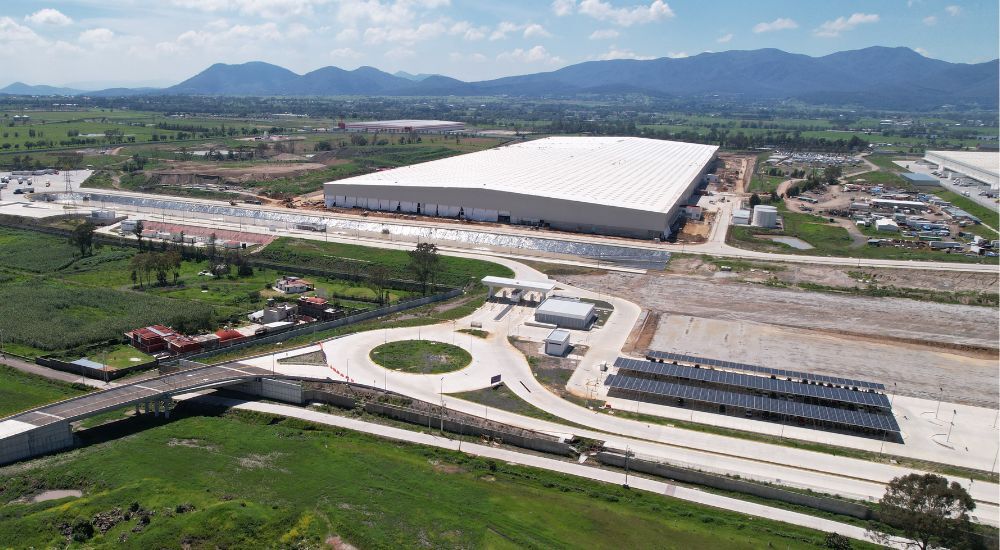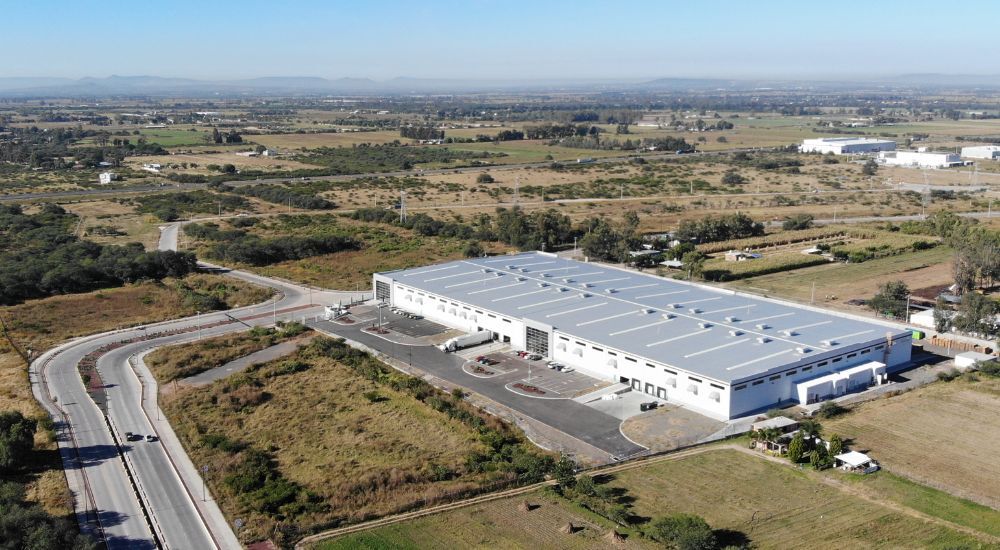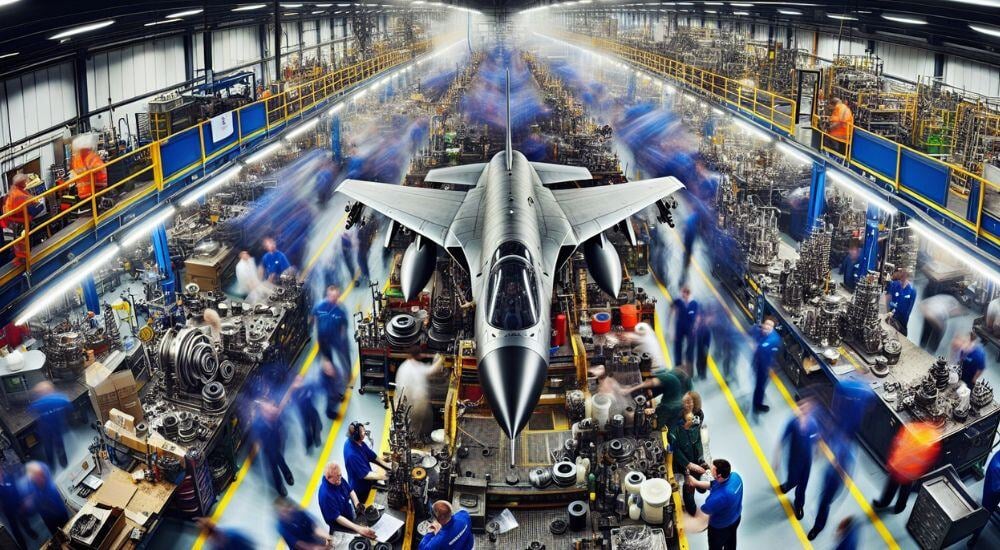Automotive industry of Bajio: challenges and opportunities
1/11/2024Since the COVID-19 pandemic and disruptions in the global supply chain, the Bajío automotive cluster has gained importance as a key region for Mexico's industrial sector.
The ratification of the United States-Mexico-Canada Agreement (USMCA), which facilitates trade between the three countries, along with the increase in nearshoring trends, has boosted manufacturing activity in the region's states, thanks to favorable conditions for the automotive industry.
The cluster includes companies related to automotive production established in the following states:
- Aguascalientes
- Guanajuato
- Queretaro
- San Luis Potosi
This article examines the outlook for the region’s automobile and auto parts sector, as a key activity of the industrial park in Guanajuato and the surrounding states.
2024 in the National and Regional Automotive Sector
According to the latest data from INEGI, published by El Economista journal, automobile production in Mexico reached 2,651,060 units between January and August 2024, marking a historic record compared to the previous highest figures for the same period in 2019.
The growth is primarily due to the recovery of the U.S. market, the conditions of the USMCA, and the trend of nearshoring, which has favored foreign investment in Mexico.
Guanajuato, as a key part of the Bajío automotive cluster, produced 529,726 units between January and July 2024, a figure that consolidates it as one of the leading states in automotive manufacturing.
Despite previous challenges, the automotive industry has shown robust growth in its exports. In the first eight months of 2024, exports related to the automotive sector exceeded $146,500 million, representing 34% of the total manufactured goods destined for international markets.
In this context, the original equipment manufacturers (OEMs) operating in Bajio have performed notably.
Nissan, with its plant in Aguascalientes, remains one of the leaders in production, although other manufacturers like General Motors and BMW Group have also grown significantly.
General Motors, despite facing challenges in previous years, has increased its production and shipments to the international market, while BMW expands its operations with new production lines aimed at electric models.
Foreign Direct Investment (FDI), clusters, and synergies in Bajio
From 1999 to 2024, the Bajio region has accumulated approximately $29,500 million dollars in Foreign Direct Investment (FDI), according to figures from the Ministry of Economy. Guanajuato continues to be a leader in attracting FDI, accumulating $5,000 million dollars in investments for auto parts manufacturing. Meanwhile, Aguascalientes stands out with $4.8 billion in investments focused on the assembly of automobiles and trucks.
The strategic location of Bajio has been key in consolidating this region as a hub of the automotive industry. Currently, Bajio is home to a growing number of manufacturers and first-tier auto parts suppliers, supported by the Mexican Automotive Industry Association (AMIA).
Although competing for FDI, the automotive clusters in Bajío complement each other and create comprehensive ecosystems around the OEMs installed in each state, along with an important supply chain of Tier 1 and Tier 2 companies.
| Anchor enterprises | Auto parts production | |
| Aguascalientes’ Industrial Cluster | Nissan Mexicana, COMPAS (Daimler y Renault-Nissan), Infiniti/Mercedes-Benz, Marelli, Continental, Yazaki, Calsonic Kansei, Jatco |
14% (2° national place) |
| Queretaro’s Automotive Cluster | Tremec, Dana, Delphi, ZF Friedrichshafen, Samtech, Siemens, VUHL, Harman, Anvisgroup, Rassini |
7% (4º national place) |
| Guanajuato’s Automotive Cluster | General Motors, Honda, Toyota, Mazda, Volkswagen, Bosch, Michelin, Ashimori, Mitsui Kinsoku |
20% (1° national place) |
| San Luis Potosi ‘s Automotive Cluster | BMW, General Motors, Bosch, Metalsa, Draxton, Valeo, Cummins, Hitachi, Mahle |
8% (3º national place) |
Sources: México Industry, Líder Empresarial.
USMCA, nearshoring, and electric cars: the future
The USMCA continues to play a crucial role in attracting FDI in the national automotive sector. This agreement has led to a 75% increase in value content per unit produced in North America, according to the rules of origin. Furthermore, nearshoring is expected to continue driving the influx of foreign capital to Mexico, especially in the automotive industry.
As an example, the establishment and start of operations of the Toyota plant in Apaseo El Grande in 2020 boosted the productive base not only of Guanajuato but of the entire automotive industry in Bajío.
Finally, OEMs and suppliers are adapting their production lines to respond to the increasing demand for electric vehicles (EVs), in line with the climate agenda of the U.S. government. Currently, Guanajuato positions itself as one of the most active states in this transition, with plans for automakers to update their facilities towards the production of electric units by 2030.
In line with the growth dynamics of automotive manufacturing in Mexico, at Frontier Industrial we promote the development of sectors that drive the country's economy.
For this reason, our industrial park in Guanajuato, PILBA, is strategically located in the Bajio industrial corridor. The park offers access to a skilled workforce and has the infrastructure to start construction immediately.






